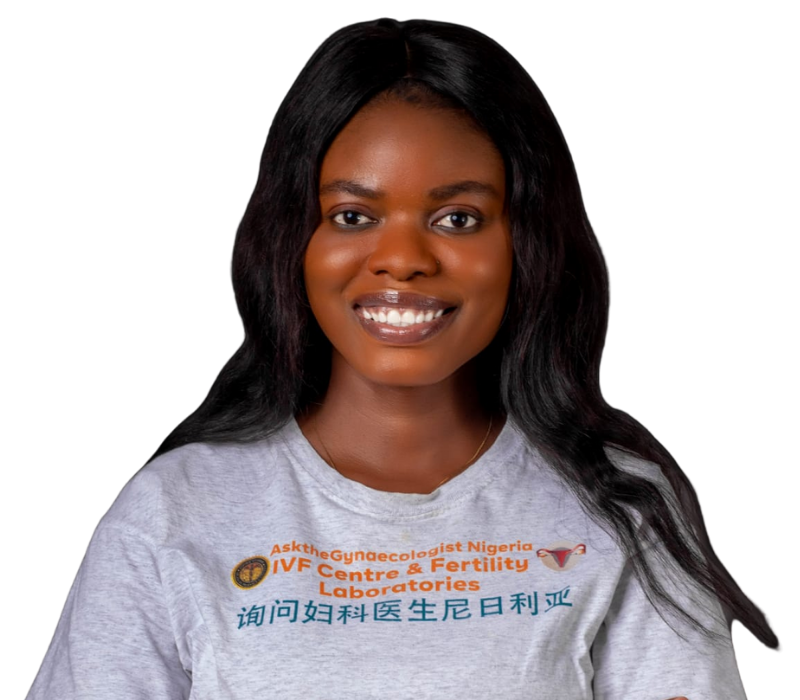IVF was originally developed to overcome damage to the fallopian tubes. Blockage in a fallopian tube prevents sperm from reaching the egg to fertilise it. Fertilisation in the laboratory overcomes this problem. During IVF, your ovaries are stimulated to produce eggs, which are retrieved during a short procedure called egg collection. Your eggs are then fertilised with your partner’s or donor sperm in the laboratory, and your fertilised embryos are placed into your uterus through the cervix where they can implant and grow, so the fallopian tubes are bypassed all together.
Endometriosis is a condition where tissue that normally grows in the uterus implants and grows in other places in your body and can cause scarring, which may block your fallopian tubes. If you have mild endometriosis, a procedure known as a laparoscopy may improve your chances of a successful pregnancy. If your endometriosis is severe, you may still have a chance of getting pregnant naturally, however if you have damage to your fallopian tubes your doctor is likely to recommend IVF. You may end up choosing IVF because you prefer this to surgery, or you may already have had surgery but not conceived. If you endometriosis is not severe enough for surgery but you haven’t conceived after a few years of trying then you may also consider IVF.
A woman’s most effective reproductive years are in her 20s. Fertility gradually declines in the 30s, particularly after age 35. Even a healthy, fertile 30-year-old woman has only a 20 percent chance of getting pregnant naturally each month. The impact of age on your eggs is twofold. Firstly, as you get older, your eggs decrease in number. Age is the biggest factor affecting egg supply. The older you get, the fewer eggs you have. Women are born with their lifetime supply of eggs, your body does not produce more eggs. Secondly, egg quality deteriorates with age and this has a significant impact on the viability of embryos and chromosome disorders become more likely. For women, the ability to conceive is influenced by the quality of her eggs. Decreased egg quality means it becomes more difficult for the sperm to fertilise the egg naturally.
In a normal menstrual cycle you release one egg each month. In an IVF treatment cycle, we are able give you a course of fertility drugs to stimulate the development of follicles in your ovary to produce a number of eggs, (your chances of becoming pregnant are greater with more eggs). We collect your eggs during a simple procedure and put them in to a special culture medium. We then safely transfer them to an incubator to provide exactly the right environment and temperature conditions for them. We spin the semen sample in a special media to isolate the good quality sperm and then wash this in another media to purify the sample. The next step is to fertilise your eggs with the sperm to form embryos. We then grow your precious embryos in carefully controlled conditions until they’re ready to be transferred into your womb. Usually we will transfer one embryo, and hopefully you may have surplus embryos which can be frozen and used either if initial treatment is not successful or if you wish to have another child.
If the quality of an egg is poor, then most likely it will not fertilise. Some may even fertilise but then the embryo doesn’t implant or results in a miscarriage. There are a number of things which can be done during an IVF treatment cycle to optimise embryo selection and increase your chances of pregnancy.
A blastocyst is an embryo that has been developed in the laboratory for five or six days after insemination. A day 5 or 6 embryo is a much more advanced structure than a 3 day old embryo and the real advantage is the potentially higher live birth rate associated with this type of transfer.
By using pre-implantation genetic testing (PGT-A) in an IVF treatment, our embryologists have up to an 85% chance of singling out embryos with abnormalities before transfer. This can improve IVF success rates and reduce both the chance of miscarriage.
Ovulatory issues have a significant impact on fertility. The process of maturing and releasing an egg, is essential when you’re trying to conceive, and there are a number of things which can interfere with ovulation. These include Polycystic ovarian syndrome (PCOS) which can result in hormone imbalance and, among other symptoms, can cause irregular menstrual cycles. Women with PCOS may have difficulty getting pregnant because they do not ovulate in a regular pattern and if an egg is not being released it will be impossible for one to be fertilised naturally. In an IVF treatment cycle, the goal is to have the patient ovulate mature follicles.
With IVF we can develop a specific stimulation protocol for you to help optimise the number of eggs you produce in your cycle, monitoring you closely to establish the correct time to collect your eggs. We fertilise them in the lab with your partner’s sperm and monitor your embryos closely. When the time is right, we select for embryo transfer the one which we think has the highest chance of implanting successfully.
If you’re concerned that PCOS is going to make it difficult for you to have a baby, try not to worry. Most women who suffer from this condition go on to have successful pregnancies. IVF is a very successful treatment for women who have PCOS and the large majority of women who have not managed to become pregnant with other treatments will be able to get pregnant and have a baby with IVF if they are under 40.

